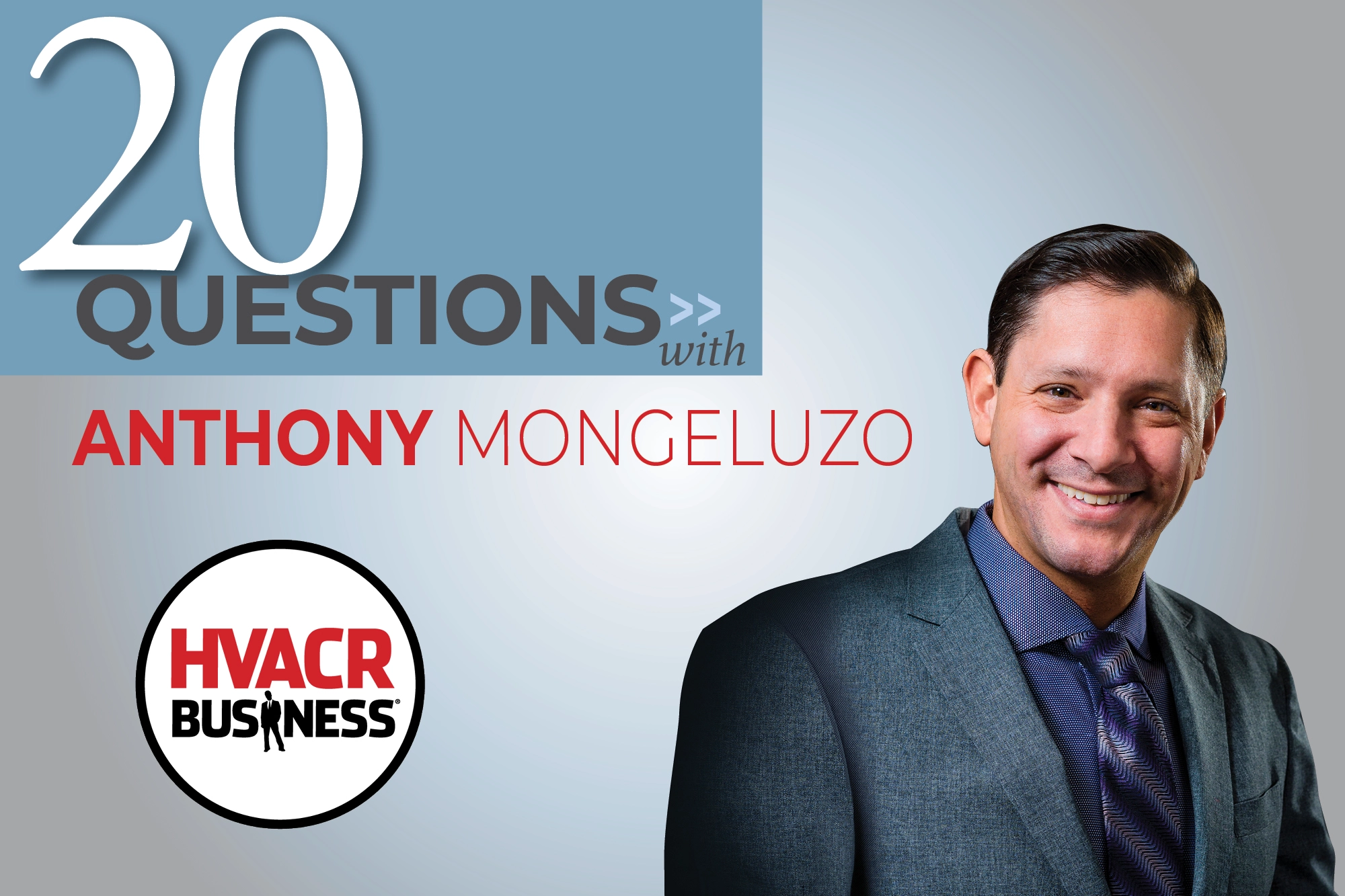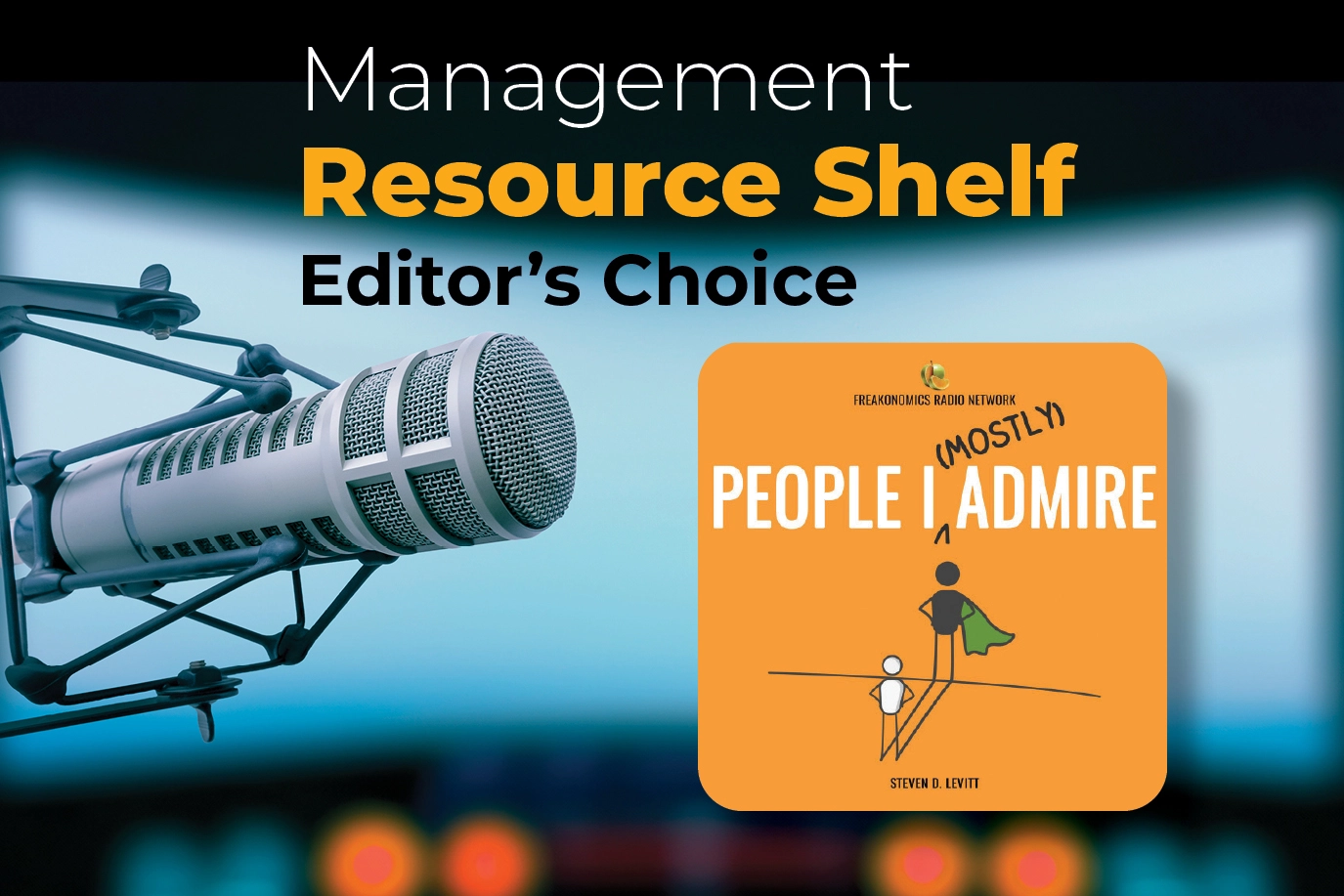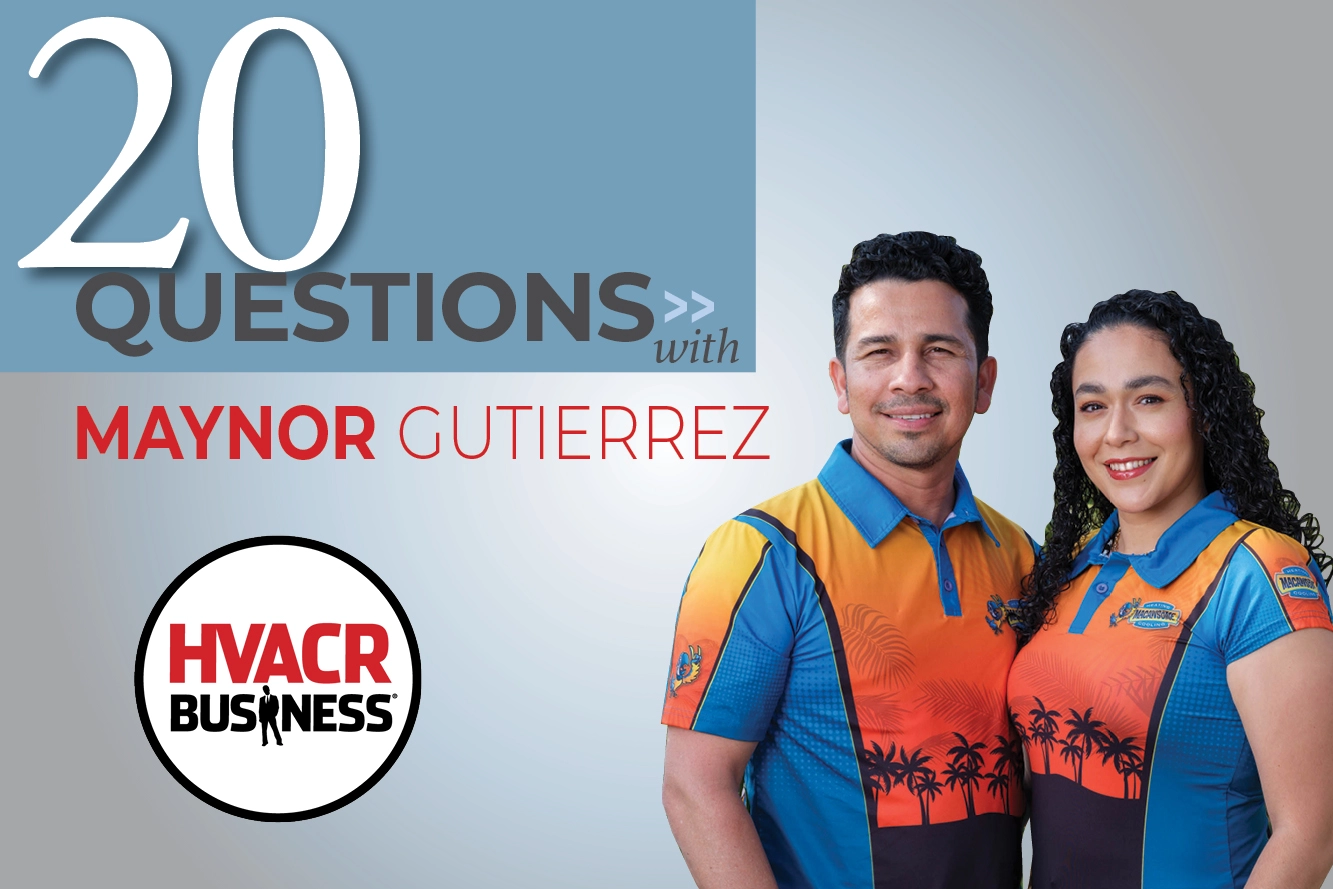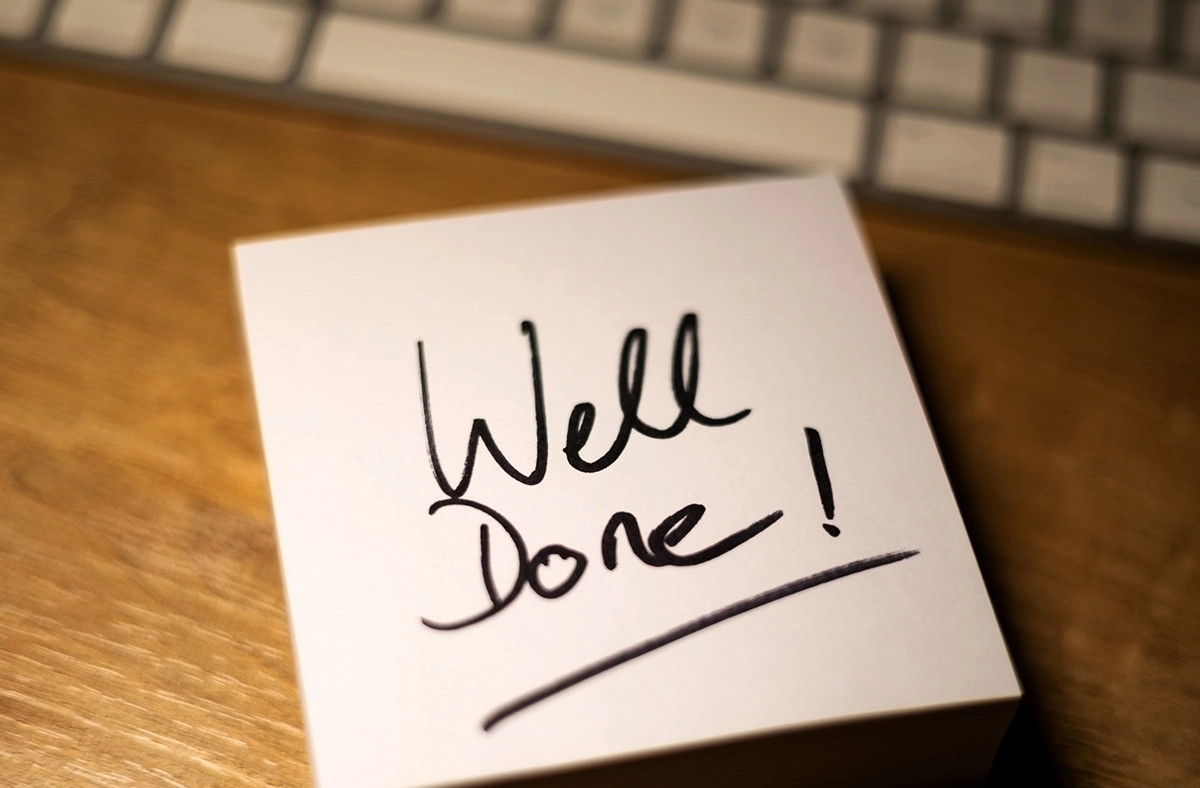Editor Tom Perić sat down with Anthony Mongeluzo, founder and CEO of Moorestown, NJ-based PCS (formerly Pro Computer Service), one of the largest IT firms in the state. They talked about growing a business, frequent IT questions, getting balance in life and the effects of positive PR.
1. Do you have a favorite hobby?
Arcade games in the basement with my two daughters, Ashley, 8, and Ally, 10.
2. What type of car do you drive?
Tesla Model X, and it’s the greatest purchase I’ve ever made.
3. What is your hidden talent?
I can still handle a “bo,” a wooden staff used in karate.
4. What toys are in your garage?
Motorized horses for the girls, Frisbees, golf clubs, football and cleats for me.
5. Would you rather hit a hole in one, throw a touchdown pass, or hit a home run?
I’ve done the last two, not professionally, so it’s a hole in one.
6. How did you start your business?
I started my IT business in my parents’ spare bedroom in 2000, and now I have 250 employees.
7. Do you have any connections to the HVACR industry?
My first business client was a 100-year-old energy company that had begun to service HVAC customers. I got to know the owner and learned a lot about business with old school values and had an inside look at how a business operates.
8. How were you able to grow from an operator to an owner?
It worked because of hard work and just going the extra mile every day. It’s blocking and tackling, there’s nothing sexy about it. I met a lot of different business owners and tried to “Frankenstein” what I thought were the best techniques that each of them had. I was able to get a little bit more wisdom beyond my years because I leveraged their experience into how I ran my business.
9. How large is PCS?
We have about 300 employees, with about 230 in PCS. Our revenue was more than $35 million in 2024, and we handle more than 30,000 secured devices for clients in 17 states. A bit more than when I operated from a spare bedroom.
10. How did you become an IT television star in Greater Philadelphia?
I hired a PR guy who knew what he was doing. He took a few paragraphs from an in-house newsletter warning about the April Fool virus and saw the broader implications. He pitched it to several TV stations, and I got airtime. FOX News brought me back a second time and now I’ve been on FOX News for almost 13 years.
11. What lesson did you learn from going on television?
Sometimes you need an outside perspective to point out your strengths or weaknesses. We discussed the potential problem in our newsletter but needed to understand a broader perspective. I also learned to expand under a larger umbrella. I largely talk about computers, but there are also security issues, with smart phones and literally any digital device. We also understand operating systems like Apple and Microsoft. Contractors have a lot more to share with their customers than just about being warm or cold.
12. Private equity firms have been at your doorstep. Why not sell?
I love what I do and don’t want to give up that edge. I don’t assume I’m going to win – I run hard and sometimes a little scared. Plus, I’ve seen private equity miss the ball. I don’t want that to happen to my company.
13. What are the three most common questions you get asked about IT?
How do I secure my network? Think multifactor authentication and advanced antivirus. Do I need to change my passwords? Yes, if you don’t, your insurance company could drop you. How can I remove something off the internet ? You can’t. There are tricks to lower it on the search engines, but you can never remove it permanently.
14. How do HVACR contractors protect their digital world?
First, physical security. Don’t let vendors and partners just walk through your facility unsupervised. Second, secure your network as I mentioned. Third, training your people, the weakest link is the one that gets you. Teach everyone how to spot hackers like in email phishing.
15. If you started your business today, what would you do differently?
I would put more structure and processes in place. I always had everything in my head, which I could share verbally with people, but there was never really a repository where people could go to learn a procedure. It took a lot of time to build one up. In short, get standard operating procedures in place.
16. What’s the best move you made to grow the business?
There were three great moves. One was hiring that PR guy. We were constantly in the media. Second, during a very bad time when the mortgage market crashed, I created the “every night club.” I went out and hustled every night meeting people, going to every organization and doing whatever I could to meet people. Third, I hired a full-time driver and created a mobile office that also became a moving billboard. Not only did I capture an average of 25 working hours a week, just working in the back of my car while traveling, I got a lot of notoriety by being that guy with the mobile office.
17. What was your most painful business move?
When I had to switch the company because the industry was changing from a time of material-based business to what’s called a managed service business. It meant customers paid a monthly fee, and they could call us as much as they want. That was very tough to do mentally, because I didn’t know if it would get abused.
18. Who is your business hero?
Napoleon Hill, the author of Think & Grow Rich. If you haven’t read it, it’s time you did. I also have respect for Elon Musk’s business accomplishments. They’re staggering.
19. How have you developed a better work-life balance?
I’m home way more than I used to be because I rethought travel and events and what was critical. More importantly, now I have a solid structure with other people who carry a lot of the load. It’s a healthier balance in my life.
20. What should we do about the growing impact of AI?
I’m not a fan of AI, and it’s scary as hell. But we need to find a way to manage and embrace it. Other companies are going to use it, and if they’re able to use AI more efficiently, then they’re going to win the game. Common ways are to use it right now for marketing content and doing remedial tests. Eventually, workplaces are going to have to evaluate their own processes and see how it might give them an edge in their industry. But AI is here to stay.





